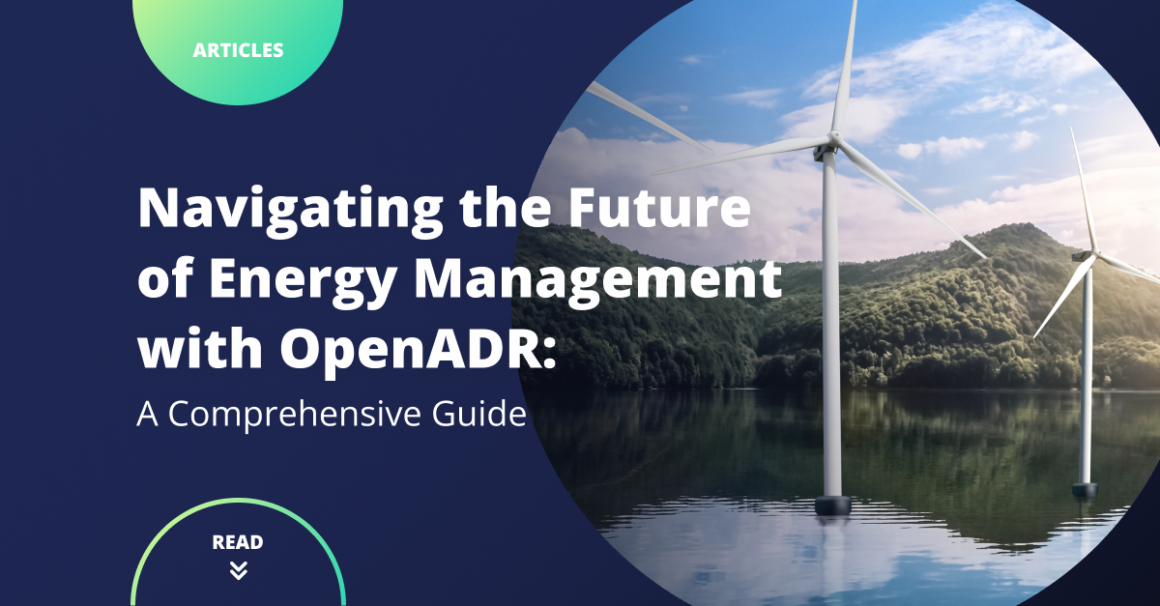
The landscape of energy management is continuously evolving, shaped by the twin pillars of innovation and necessity. As the world becomes more conscious of the need for sustainable energy consumption, technologies that enable efficient energy use are increasingly critical. At the forefront of this evolution is the Open Automated Demand Response (OpenADR)—a protocol that is revolutionizing how we manage and conserve energy.
Developed in response to California’s energy crisis in the early 2000s, OpenADR emerged from a collaborative effort between California utilities and the Demand Response Research Center (DRRC) at Lawrence Berkeley National Laboratory. The initial objective was straightforward: create a standardized approach to reduce energy consumption during peak periods, thereby stabilizing the grid and avoiding blackouts. The result was the creation of a framework that enabled communication between utilities and their customers, allowing for the automated control of energy consumption based on the grid’s demand.
OpenADR has undergone significant refinements since its inception in 200. The most notable advancement came with the release of OpenADR 2.0, which expanded the protocol’s capabilities beyond demand response. It introduced a level of standardization that facilitated international adoption and enabled more sophisticated energy management strategies. This version provided the necessary tools for a diverse range of energy resources to communicate, including renewable sources, storage, and even electric vehicles.
Today marks a new chapter with OpenADR 3.0. This iteration builds on the robust foundation of OpenADR 2.0, introducing simplified pathways for incorporating OpenADR functionalities and tailoring the protocol for diverse application scenarios. With a commitment to interoperability, OpenADR 3.0 has Certification Profiles that simplify implementations, especially for downstream entities and localized energy systems , and a structured testing protocol to ensure compliance .
At Codibly, we recognize the transformative potential of OpenADR and currently serve as a Contributing Member of the Alliance, ensuring we stay up to date on any developments and can help clients navigate the differences between 2.0 and 3.0 standards. We not only have deep project experience helping clients with implementing OpenADR, but have also built an “accelerator” that allows us to support clients in a more time and cost-effective way by leveraging our IP.
The introduction of OpenADR 3.0 is set to have profound implications for the energy sector, enabling more dynamic and responsive energy management systems and offering businesses and consumers greater control over their energy usage. From its early days to the release of OpenADR 3.0, OpenADR has seen remarkable growth. Codibly is excited to be part of this journey, driving the integration of cutting-edge energy management practices. We invite you to explore the potential of OpenADR with us as we aim for an energy-efficient future for all.